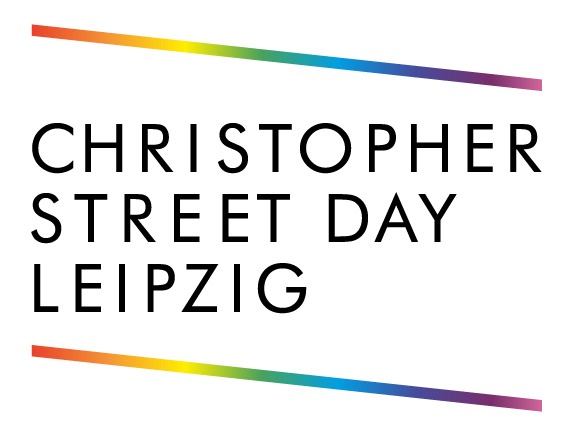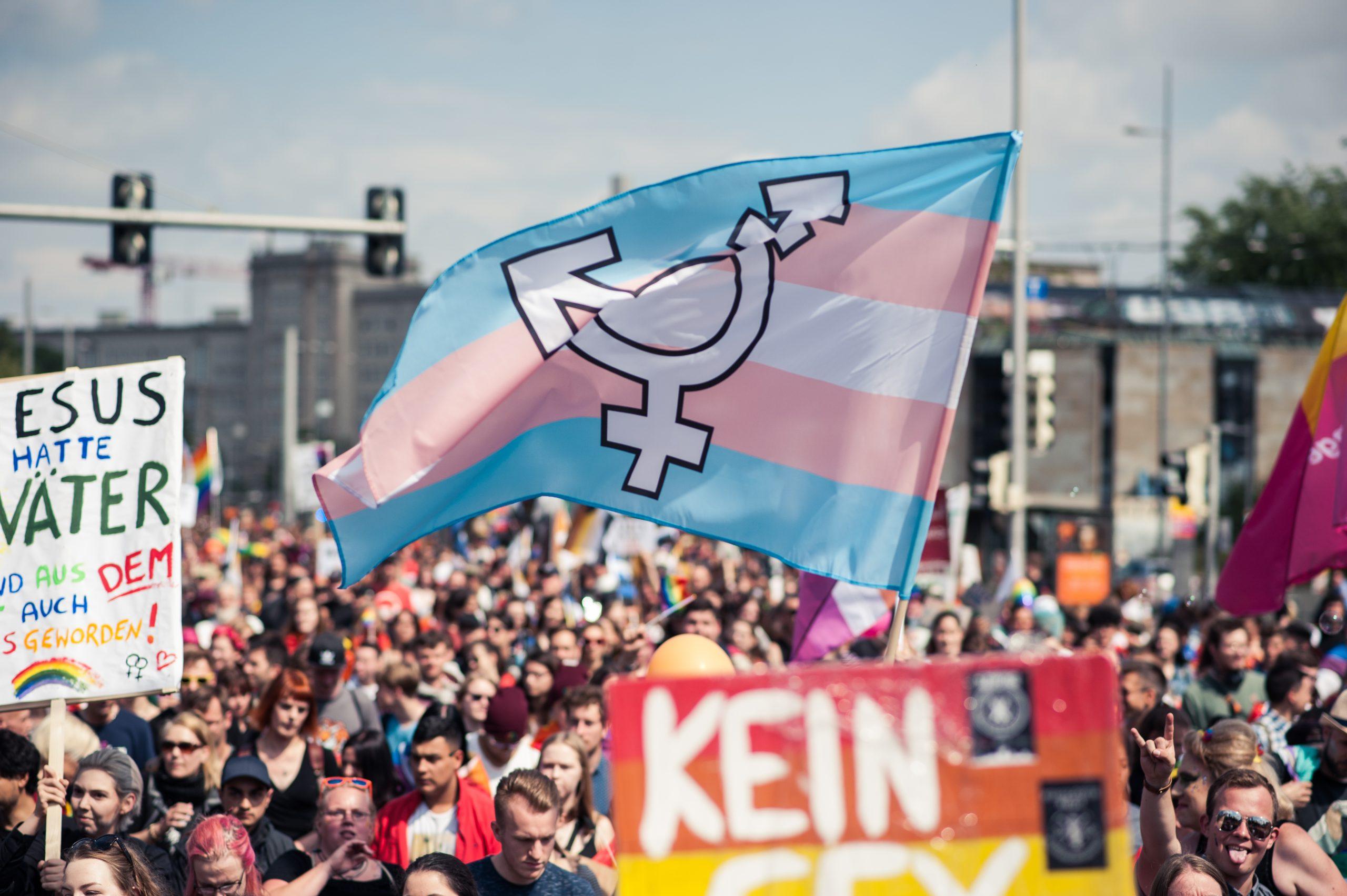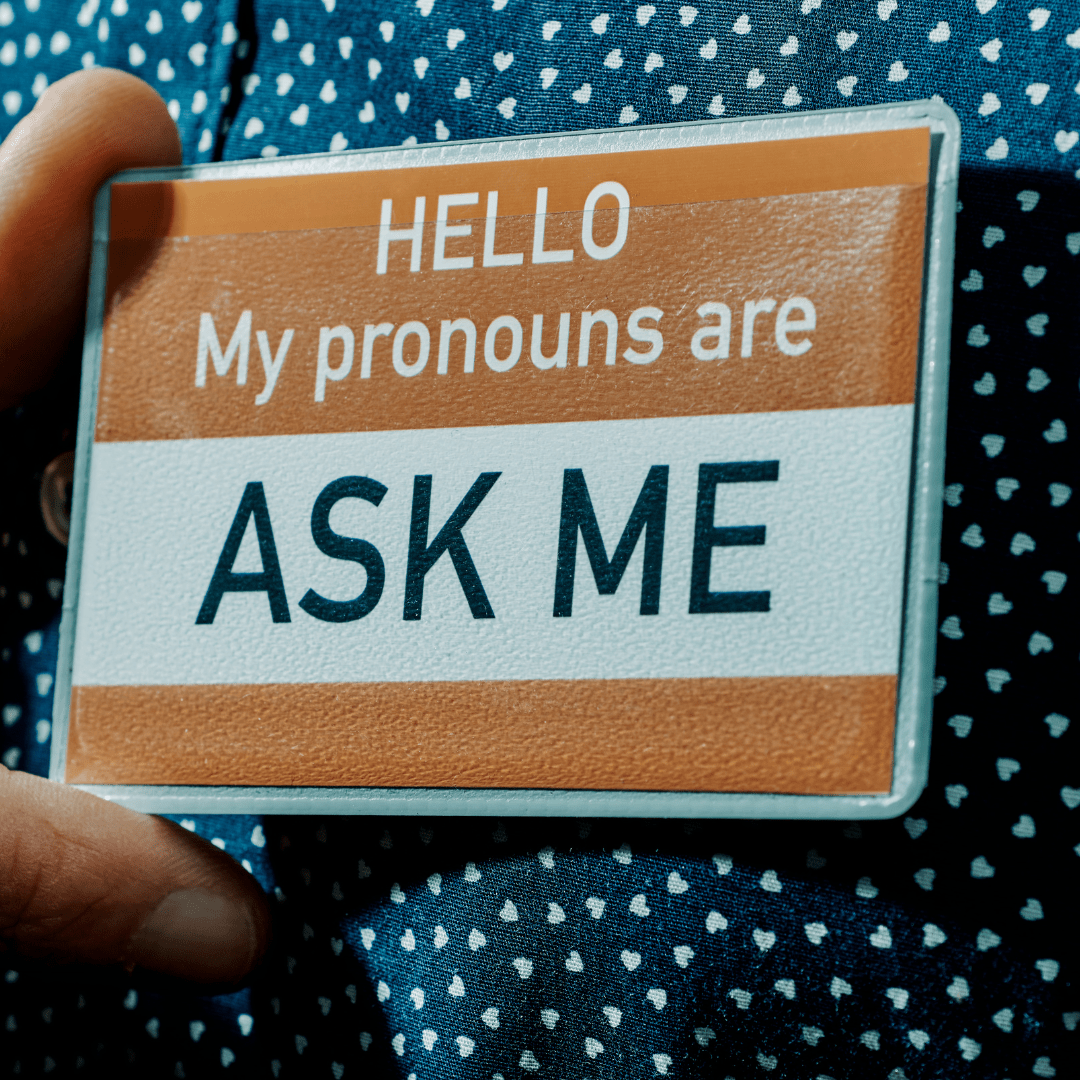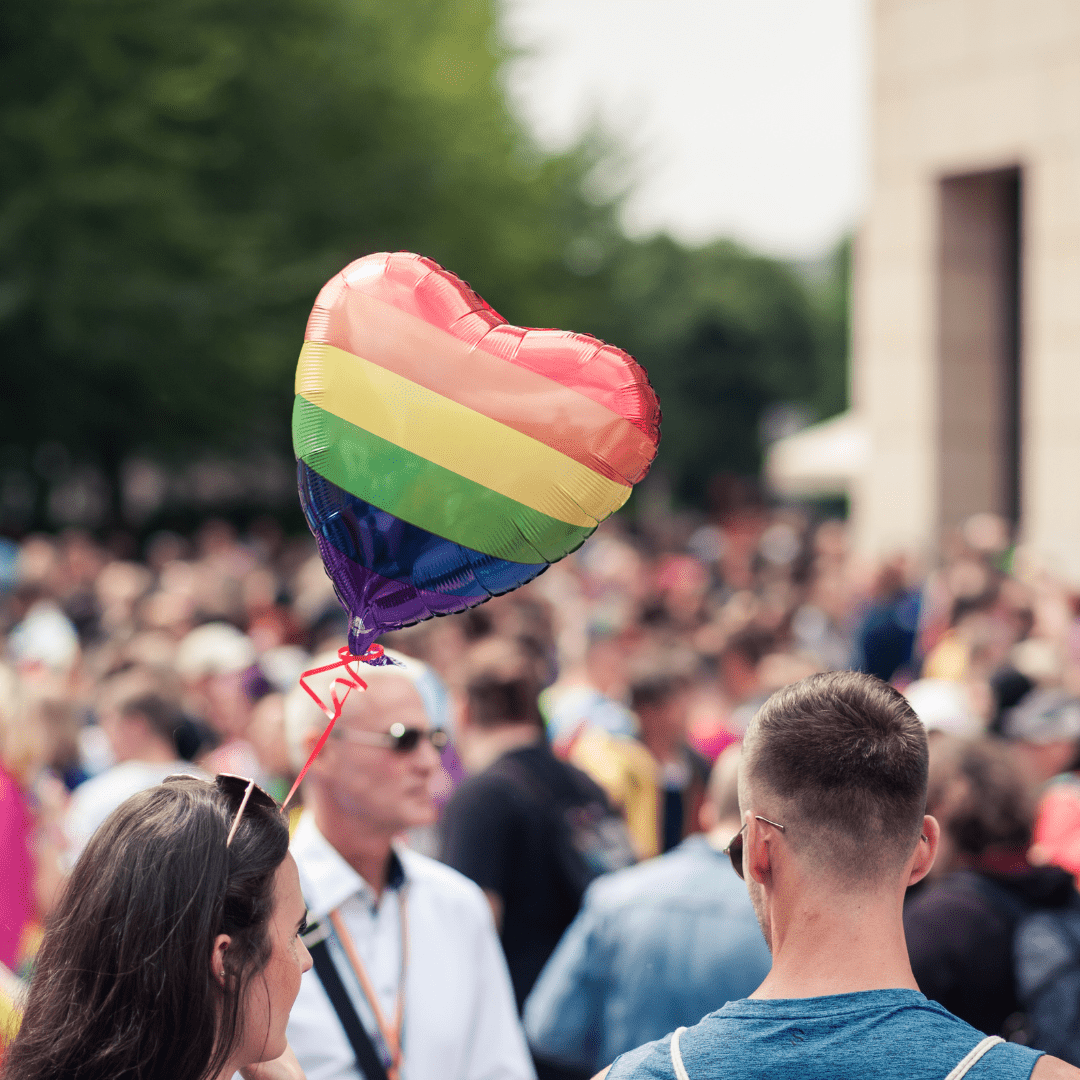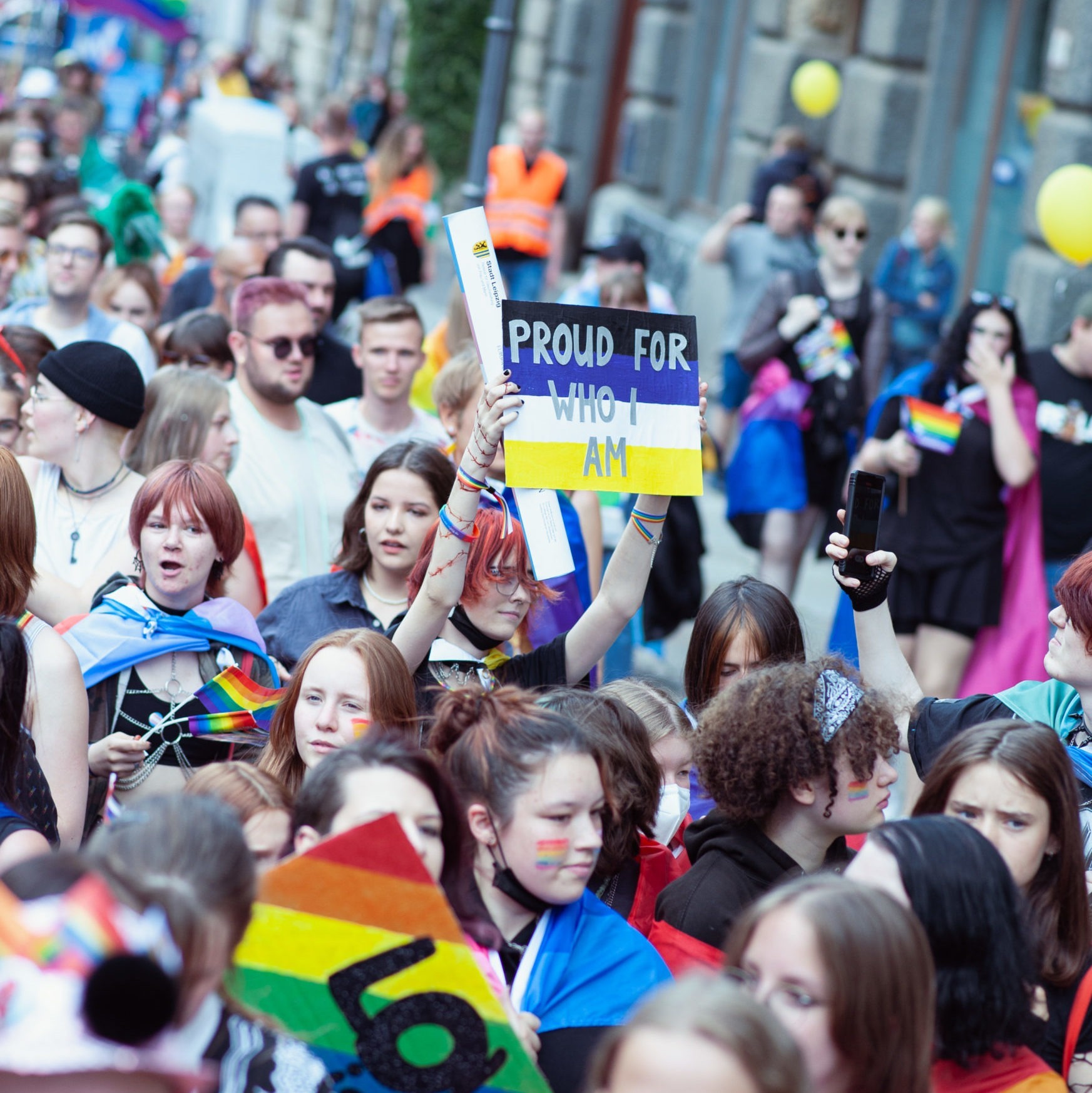Update
Content warning
31 March is the International Day of Transgender Visibility, or Transgender Day of Visibility.
It is assumed that around 1-3% of the population in Germany are trans. If the gender determined on the basis of external sexual characteristics does not correspond to the person’s self-perceived gender, this is referred to as trans, transgender or transidentity. Even if the terms are relatively new, trans people have always existed. The earliest evidence of people who fully or partially adopted a gender identity other than the one assigned to them dates back to antiquity.
The Transsexuals Act (TSG) came into force in Germany in 1981. This still regulates the conditions under which a person’s self-perceived gender is legally recognised. In recent decades, the standards of the TSG have repeatedly been declared unconstitutional. The extreme encroachments on the physical and mental integrity of trans people that are still stipulated by law are unacceptable for an enlightened society. In its coalition agreement, the current government has decided to replace the TSG with the “Self-Determination Act”. This is intended to create a humane legal framework so that people’s self-perceived gender is officially recognised. An initial draft bill has now been presented. Among other things, it contains regulations that should make it much easier for trans people to change their first name and gender entry.
There is still a prejudice that all trans people are mentally ill. This is of course not true. Only 1/3 of trans people can be diagnosed with a mental illness. They often suffer from anxiety or depression due to bullying or experience their gender identity as a strong identity conflict that they are unable to overcome themselves.
Finally, we would like to give you a few follow recommendations if you would like to find out more about this topic:
- Hana Corales @hanahavanna on Instagram
- Linus Giese @linus_giese on Instagram
- Tiam e.V. @tiam_ev on Instagram
